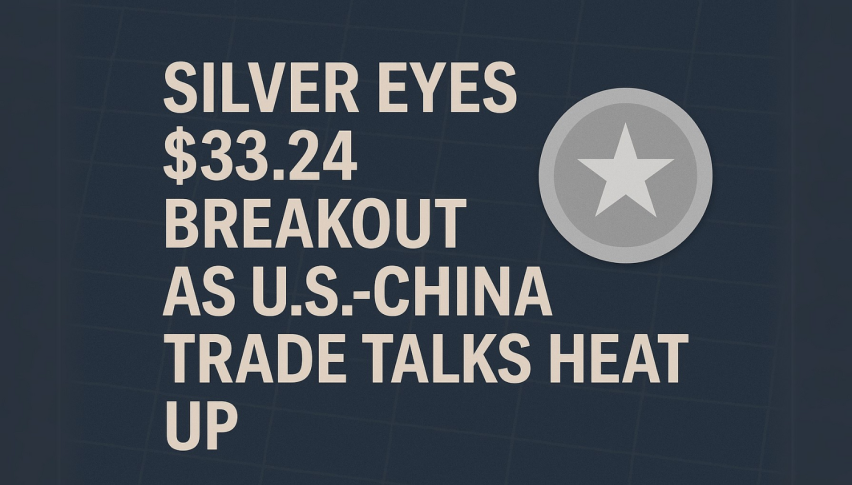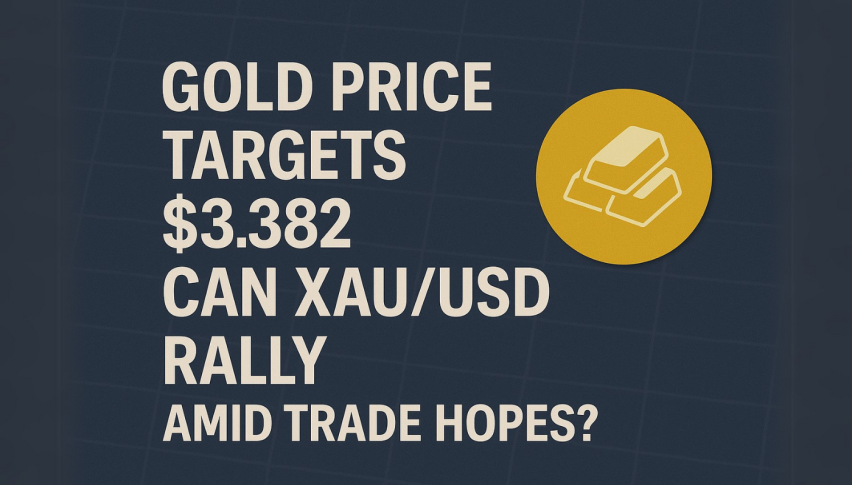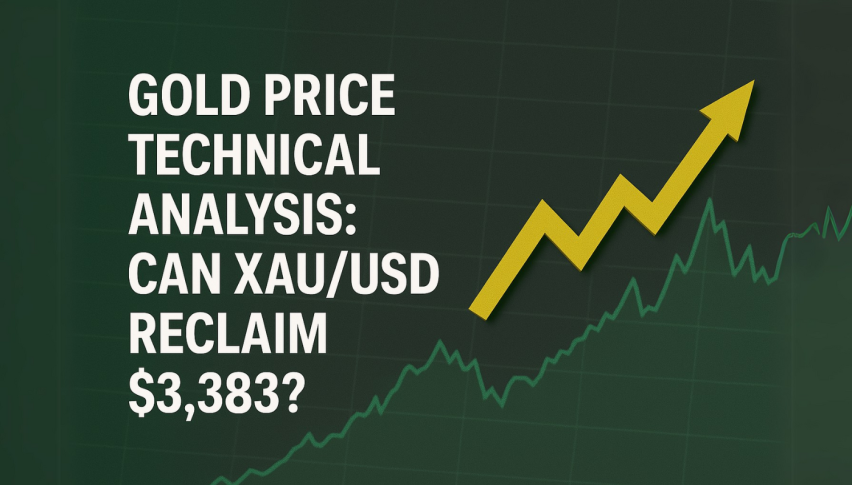Oil Prices Close with Gains Amid Potential Supply Reduction
Brent gained 3.7% last week, while WTI rose 4.5%, buoyed by economic data and rising hopes for a U.S. interest rate cut.

Iran and Hezbollah have vowed to retaliate for the killings of Hamas leader Ismail Haniyeh and Hezbollah military commander Fuad Shukr.

Oil prices surged more than 3% on Monday, marking their fifth consecutive session of gains, amid expectations of escalating conflict in the Middle East that could reduce global crude supplies.
Brent crude futures rose $2.64, or 3.3%, to $82.30 per barrel by 11:34 AM GMT, while U.S. West Texas Intermediate (WTI) crude futures advanced $3.22, or 4.19%, to $80.06 per barrel.
The U.S. Department of Defense announced over the weekend that it would send a guided-missile submarine to the Middle East as the region braces for possible attacks on Israel by Iran and its allies.
Iran and Hezbollah have promised to retaliate for the assassinations of Hamas leader Ismail Haniyeh and Hezbollah military commander Fuad Shukr. An attack could widen the conflict in the Middle East, potentially disrupting access to global crude supplies and driving up prices.
Additionally, such an attack could prompt the U.S. to impose sanctions on Iranian oil exports, potentially affecting 1.5 million barrels per day of supply, according to Yawger.
Meanwhile, Israeli forces continued operations near the city of Khan Younis in southern Gaza on Monday, following an airstrike over the weekend on a school complex that reportedly killed at least 90 people, according to Gaza’s Civil Emergency Service. Israel claimed the death toll was exaggerated. Hamas questioned its participation in further ceasefire talks on Sunday.
Brent gained 3.7% last week, while WTI rose 4.5%, buoyed by economic data and rising hopes for a U.S. interest rate cut.
Last week, three U.S. central bankers said inflation appears to be cooling enough for the Federal Reserve to cut interest rates as soon as next month.
Consumer prices in China rose faster than expected in July, and U.S. weekly jobless claims fell more than anticipated last week.
- Check out our free forex signals
- Follow the top economic events on FX Leaders economic calendar
- Trade better, discover more Forex Trading Strategies
- Open a FREE Trading Account



